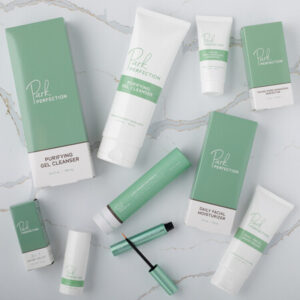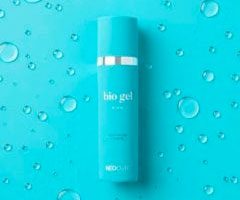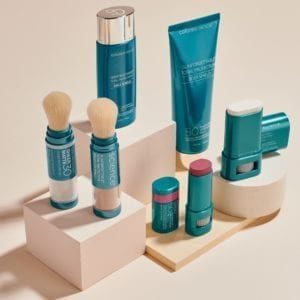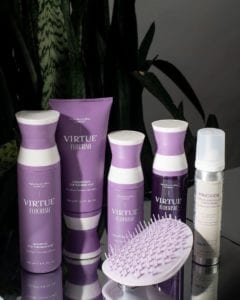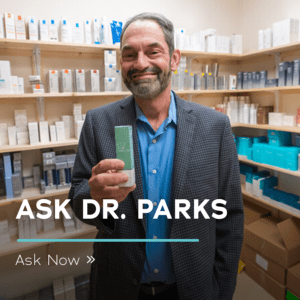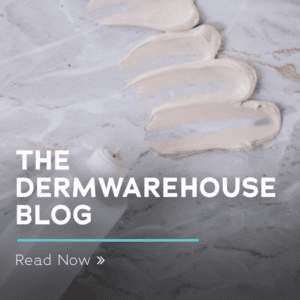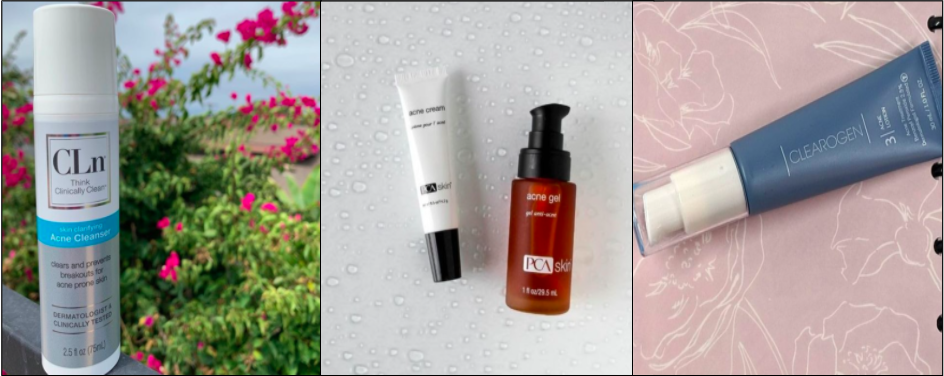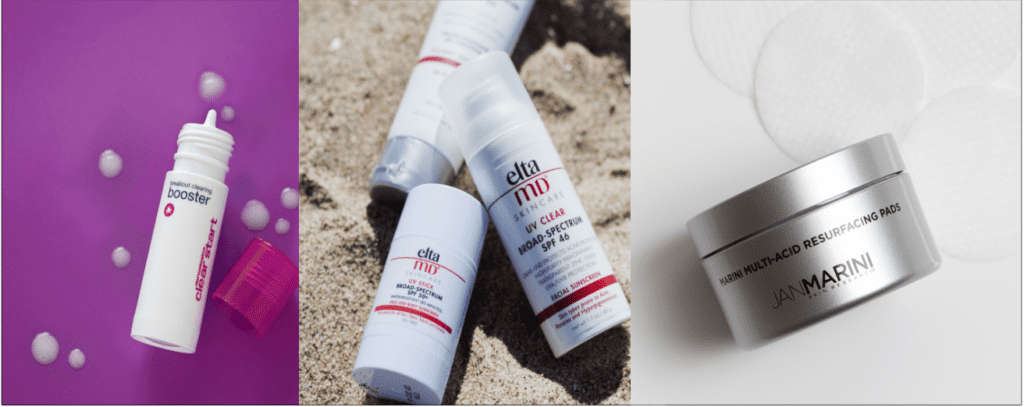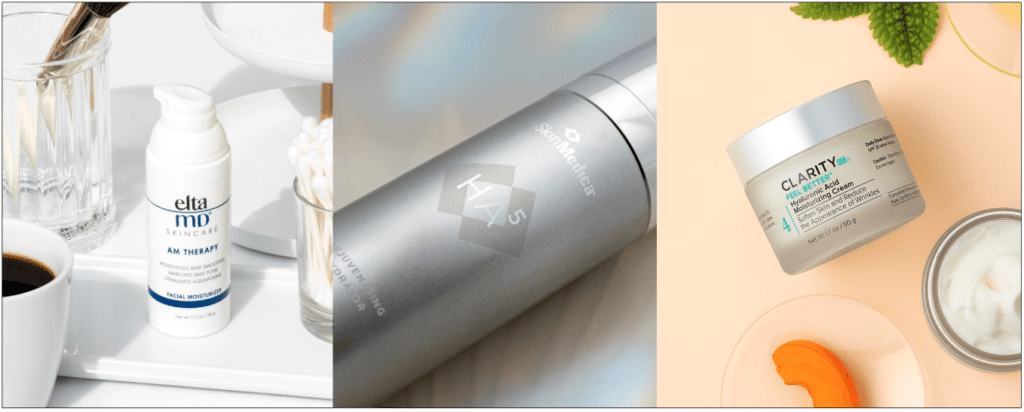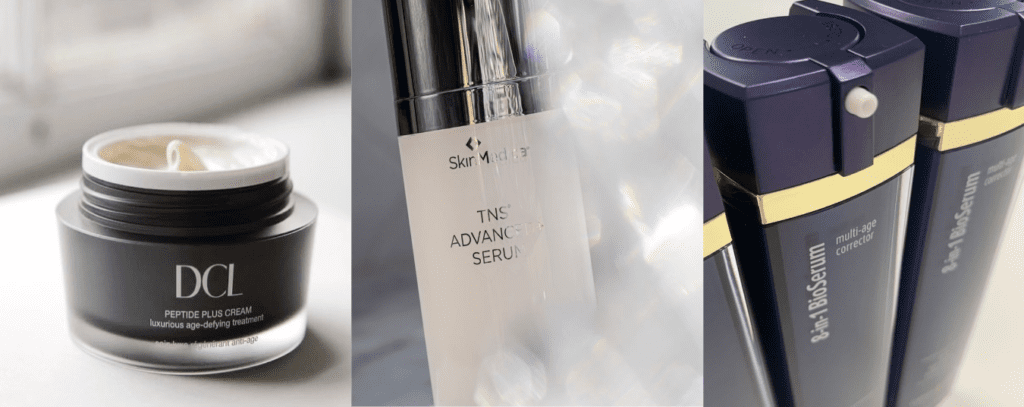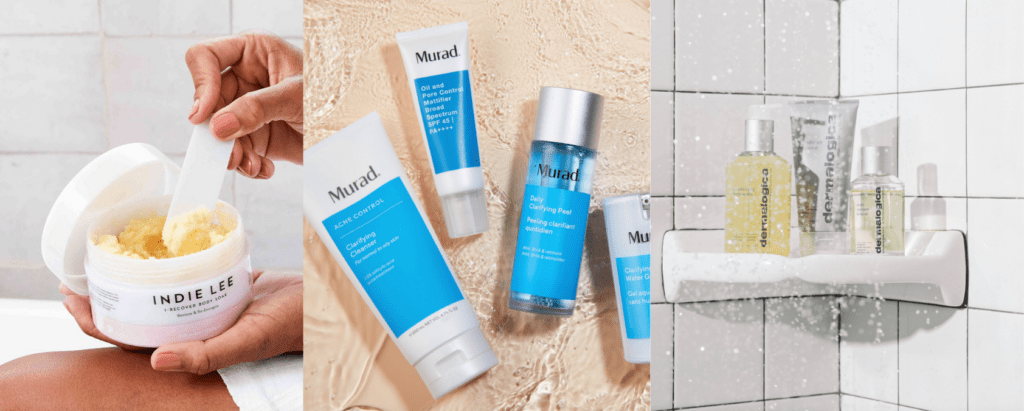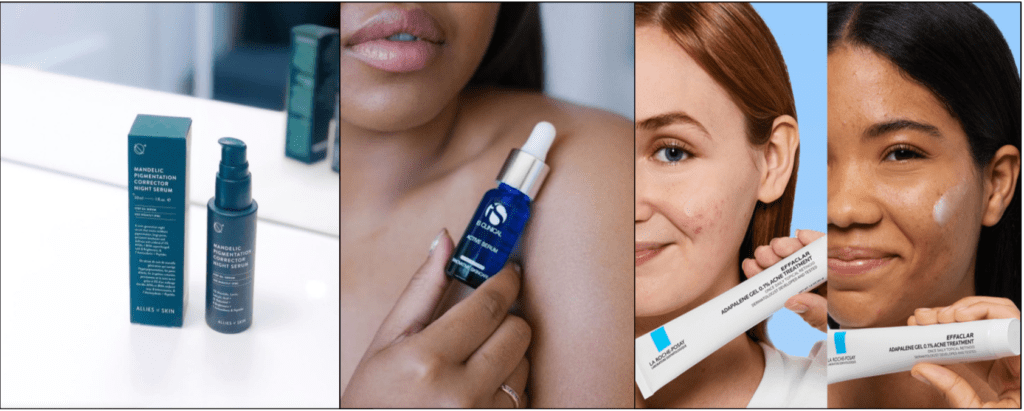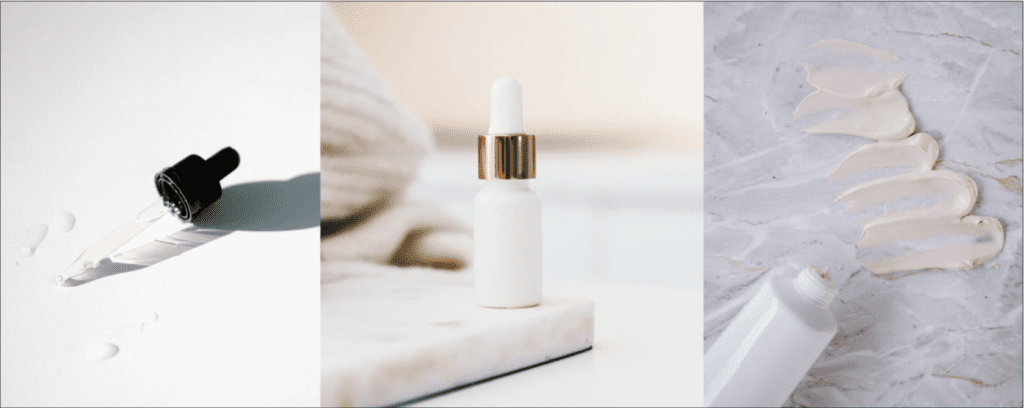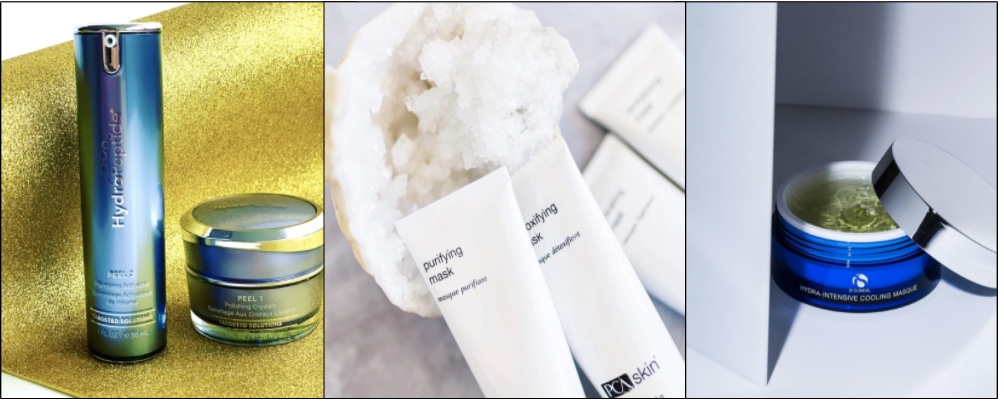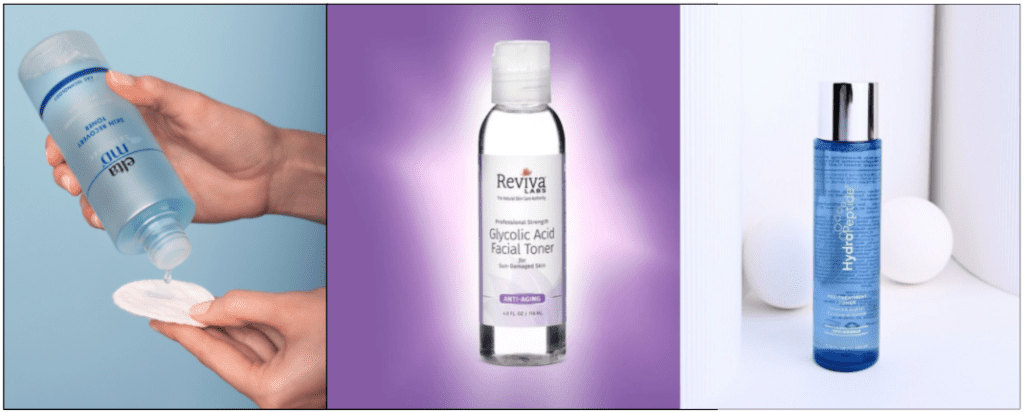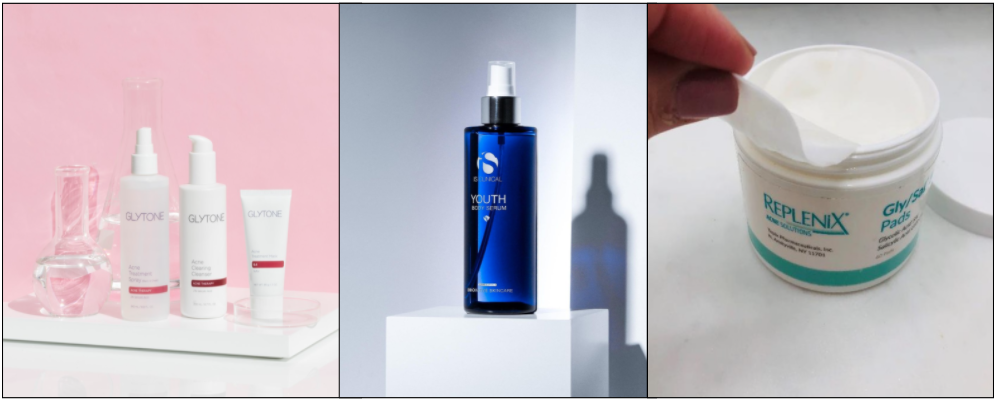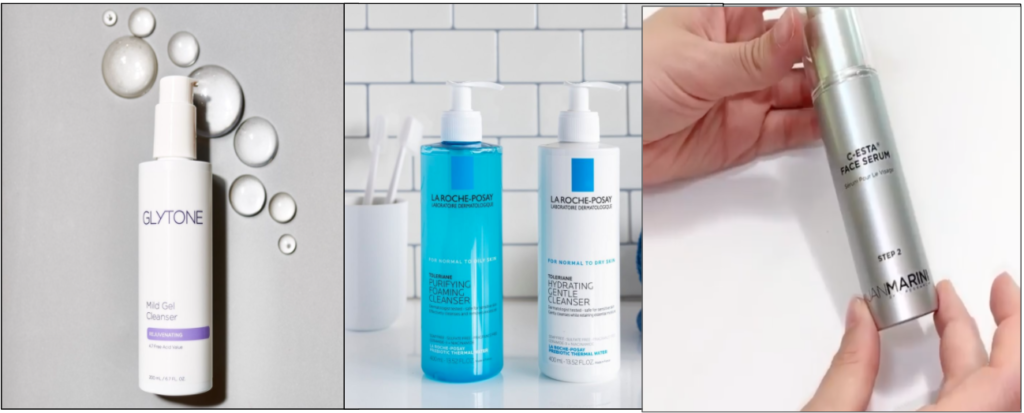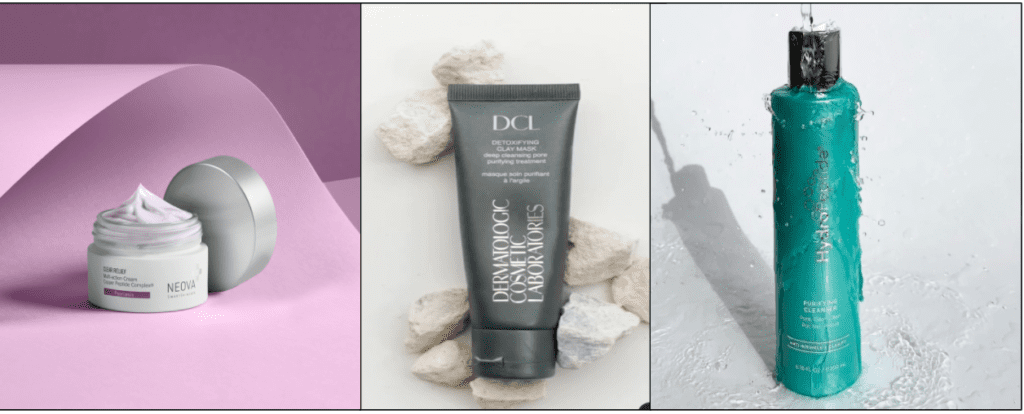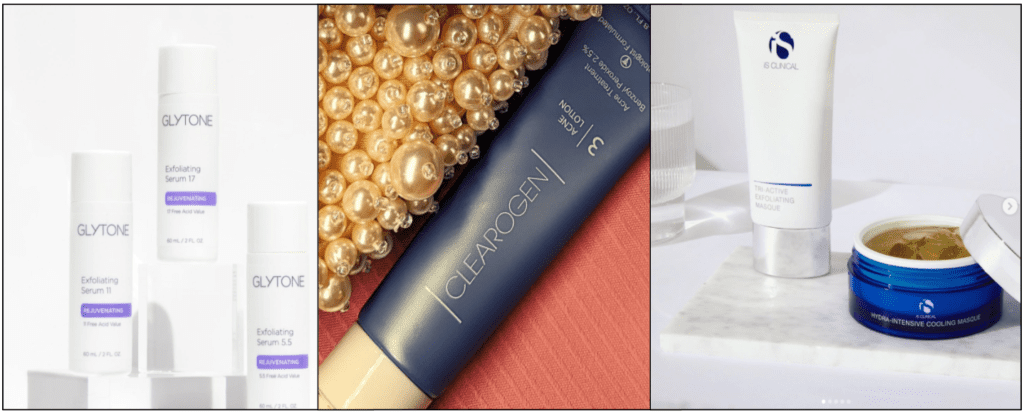Wearing a face mask when you go out in public has become a necessity in 2020 in order to keep you and others around you safe. Whether you use a cotton, fabric, heavy-duty or t-shirt mask, you may have been experiencing a sudden influx of breakouts around your cheeks, nose and chin. This phenomena has recently been phrased “Maskne.” Maskne is caused by the friction of fabric rubbing against your skin from wearing a mask on your skin for long periods of time, especially if you’re wearing makeup or your face is sweaty.
How does acne form?
Acne occurs when the pores of your skin that contain hair follicles become clogged with oil, dirt and dead skin cells that create bumps like whiteheads, blackheads, or pustules or papules. Acne commonly begins to show up around puberty but can continue into adult years. When you’re wearing a mask for prolonged periods of time and breathing into that mask, humidity, combined with the friction of the mask rubbing on your face can lead to clogged pores and breakouts.
When it comes to preventing and treating maskne, first and foremost, make sure you’re washing or replacing your mask regularly. Keeping your mask as clean and fresh as possible will hopefully help prevent breakouts in the first place. If you do start to breakout, make sure you’re gentle with your skin. Use a gentle cleanser and don’t go overboard with your products. When you start seeing breakouts you may want to try every product under the sun, but keep your routine simple and your face clean as possible.
What are the best ingredients to preventing and treating “Maskne?”
Salicylic Acid: Salicylic Acid is a type of beta hydroxy acid. BHAs are compounds that are oil-soluble, meaning they can get down into the deep layers of your skin and dissolve dead skin cells and excess oil that clog pores and lead to acne. It can penetrate the layers of your skin to actually break down the attachment of dead skin cells to your skin, allowing a fresh layer to form and making sure the dead cells don’t clog your pores. If you’re looking to introduce salicylic acid into your routine, you can start with a cleanser. Start by washing the day away with the CLn Acne Cleanser, formulated with .5% salicylic acid and sodium hypochlorite. This cleanser gently exfoliates your skin while fighting acne-causing bacteria and giving your skin a deep cleanse. For a gentle toning treatment, Replenix Acne Solutions’ Gly/Sal pads are formulated with glycolic acid and salicylic acid to unclog pores, smooth skin and exfoliate away dead skin cells all in one swipe. If you’re looking for a consistent acne treatment, PCA Skin’s Acne Treatment Gel will gently exfoliate and clear your skin with 2% salicylic acid and azelaic acid. The gel also contains ginger root, green burnet root and licorice root extracts to soothe the skin and improve its appearance.
Benzoyl Peroxide: Benzoyl Peroxide is a popular treatment for even the most difficult types of acne. It works in a couple of different ways for acne. It serves as an anti-inflammatory, it penetrates the layers of the skin to unclog pores, and it delivers oxygen into pores where bacteria that causes acne resides, and since these bacteria can’t survive in an oxygen-rich environment, it kills them off. Benzoyl Peroxide is sometimes known to be drying for certain skin types, so we recommend following up any usage with a moisturizer or hydrator. It is best used as a treatment for problem areas and blemishes. The Clearogen Acne Lotion contains time-released Benzoyl Peroxide to kill acne-causing bacteria in the skin, while also keeping your skin hydrated and preventing over-drying. Jan Marini Benzoyl Peroxide 10% contains highly micronized benzoyl peroxide and specialized emollients to minimize dryness and irritation, while providing maximum measurable effectiveness.
Sulfur: A popular but less known acne treatment, Sulfur works to heal and prevent future acne but absorbing excess oil on your skin and drying out dead skin cells that can clog your pores. It is mostly used by people with oily skin, as they often find their skin produces excess oil that can lead to clogged pores and consistent breakouts. Sulfur is a fairly strong treatment that sloughs off the top layer of dead skin and helps to rid the skin of bacteria that can cause breakouts. Clearogen’s Acne Lotion with Sulfur is made for sensitive skin. It is created with natural Sulfur to help kill bacteria, regulate oil production, clear current breakouts and prevent future ones. For a stronger spot treatment, Clinician’s Complex Acne Drying Lotion contains 10% Sulfur along with camphor and zinc oxide to kill bacteria and keep pores clear.
Our world is changing and wearing a face mask is something that is still recommended by medical professionals to keep ourselves and others safe and healthy, but this doesn’t mean your skin has to suffer. If you’re finding that you’re developing “Maskne,” be sure to incorporate these ingredients into your routine and keep it consistent in order to heal any current breakouts and prevent any further blemishes from forming. Also remember, that while wearing a mask in public is necessary, when you’re home and by yourself, you can take your mask off to give your skin a breather.

